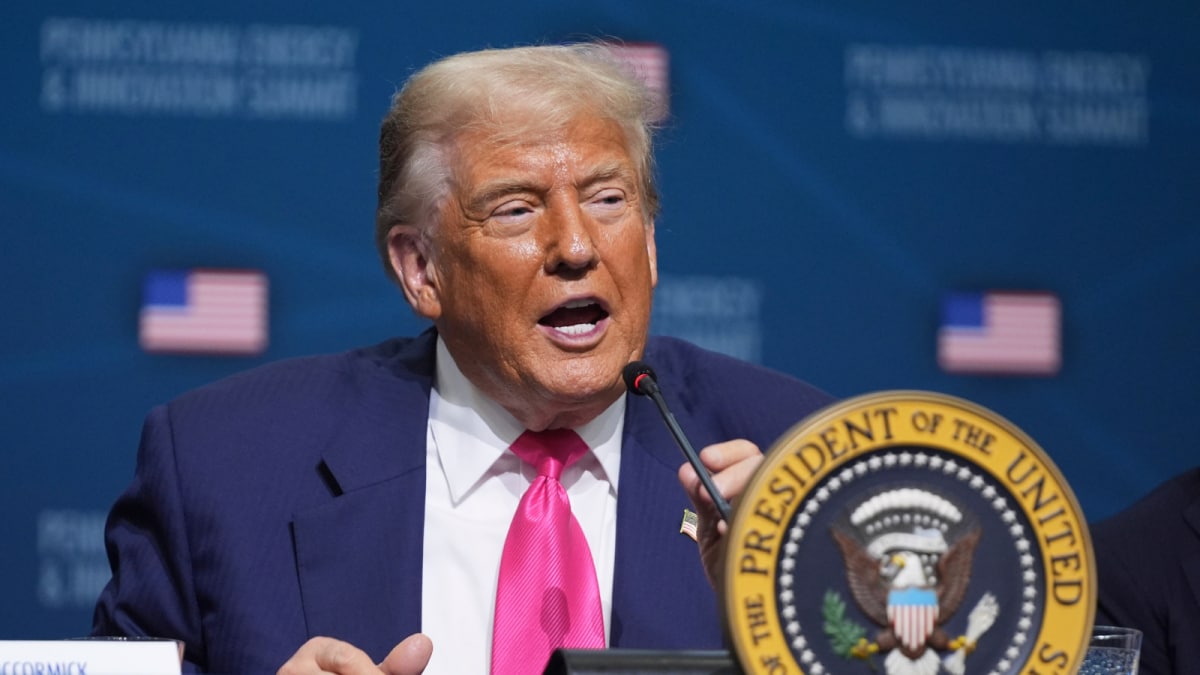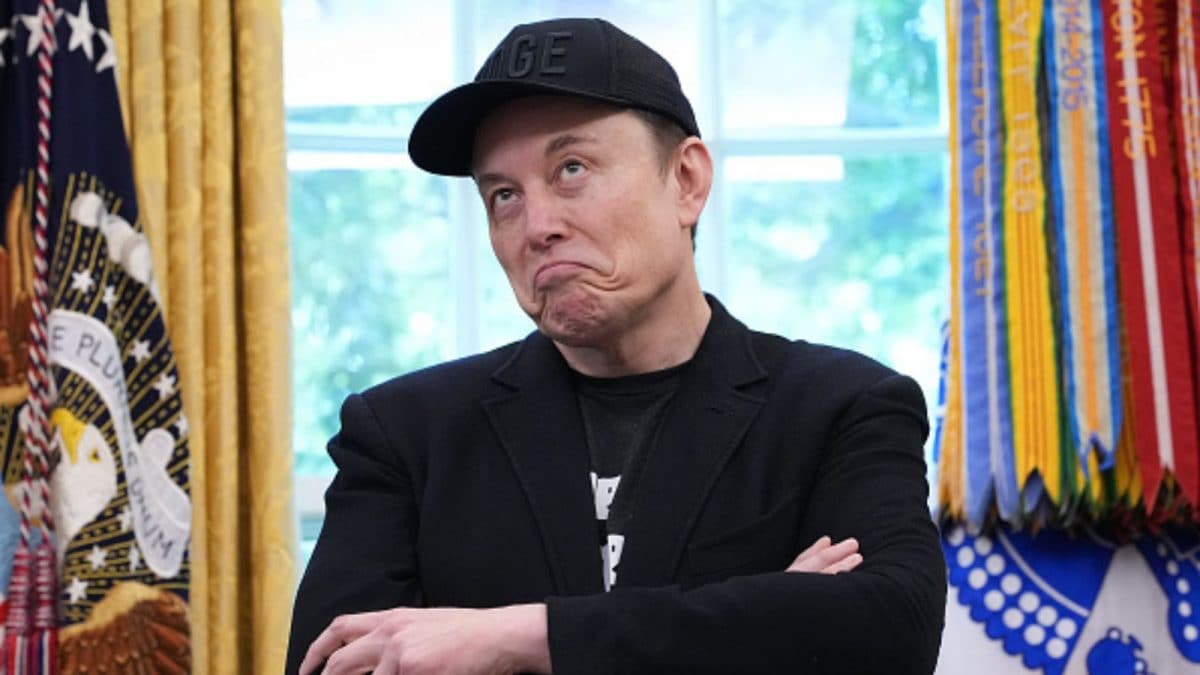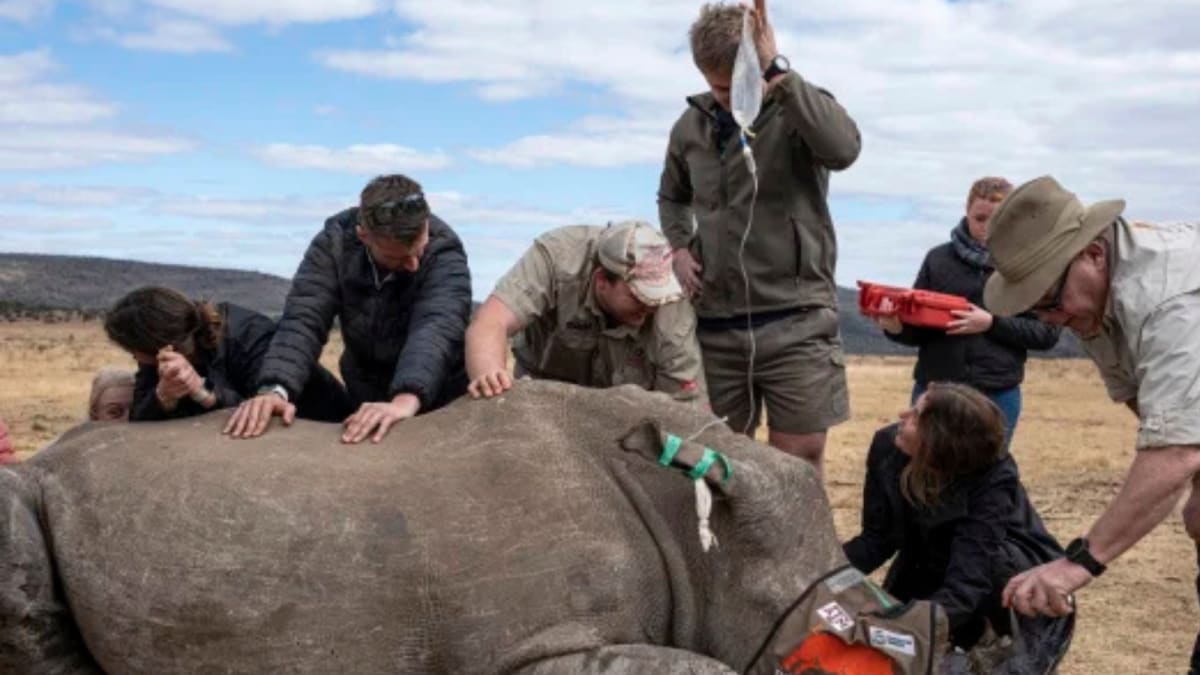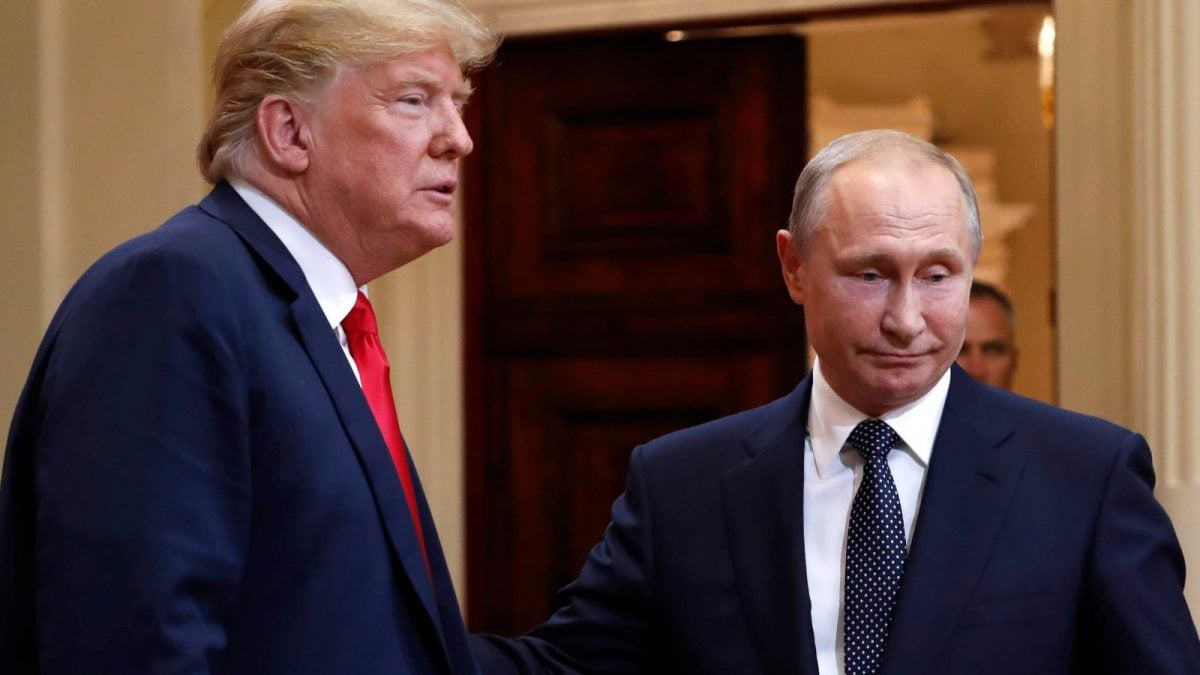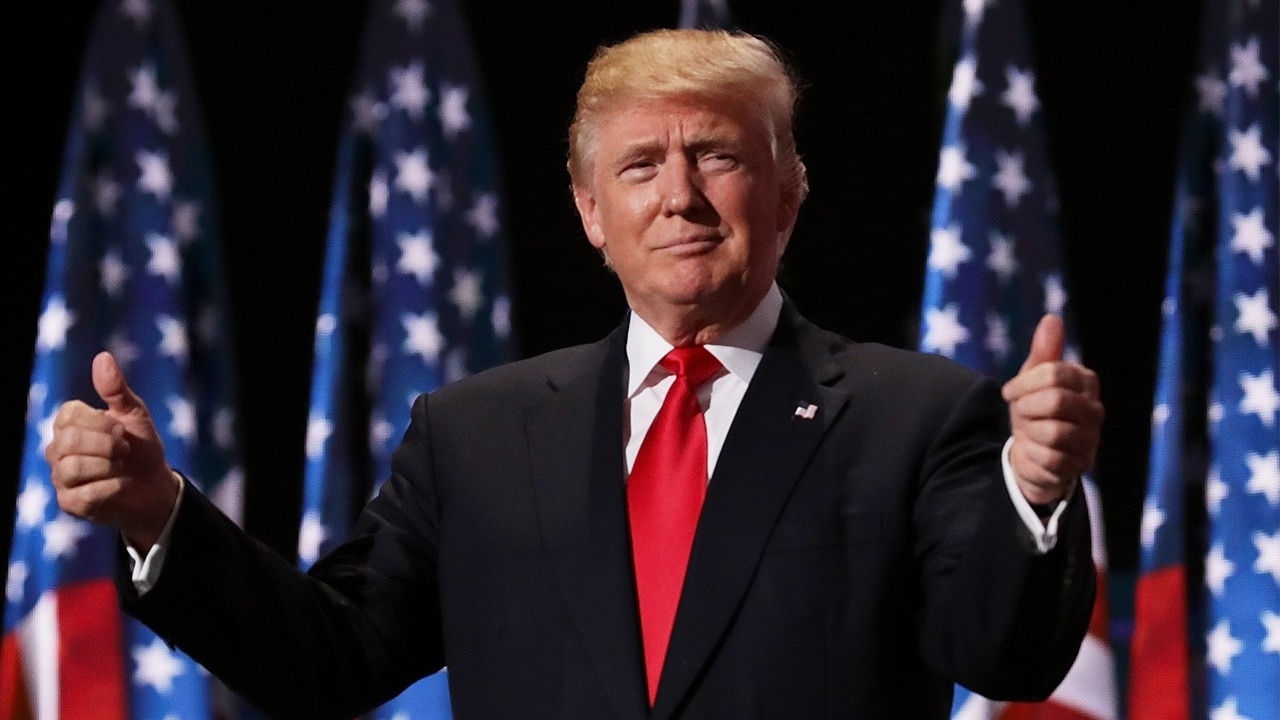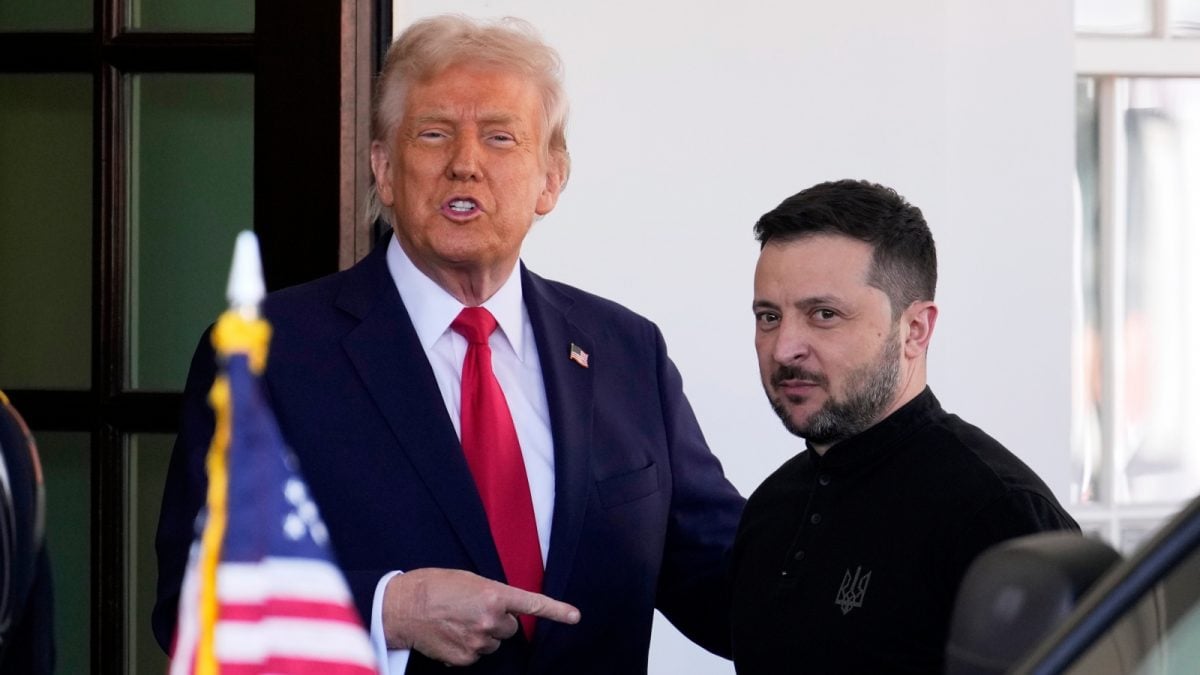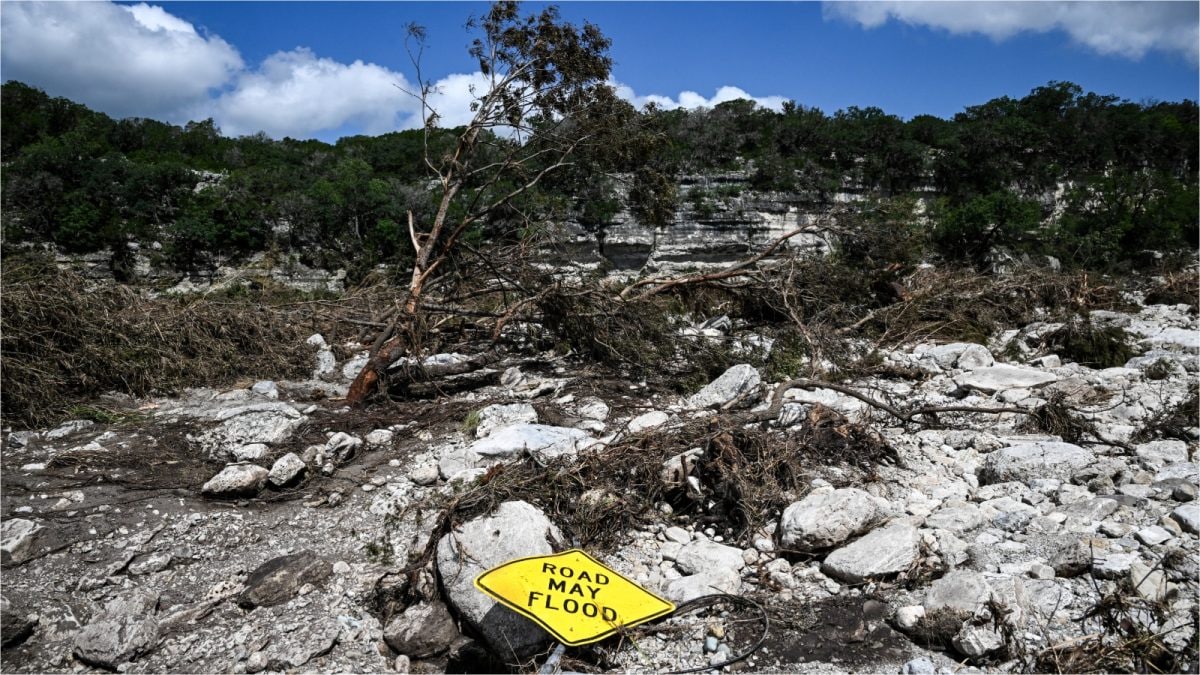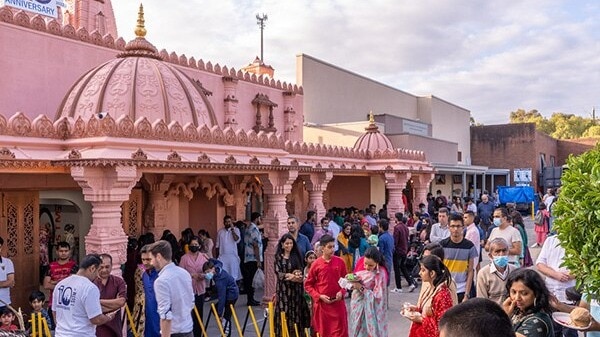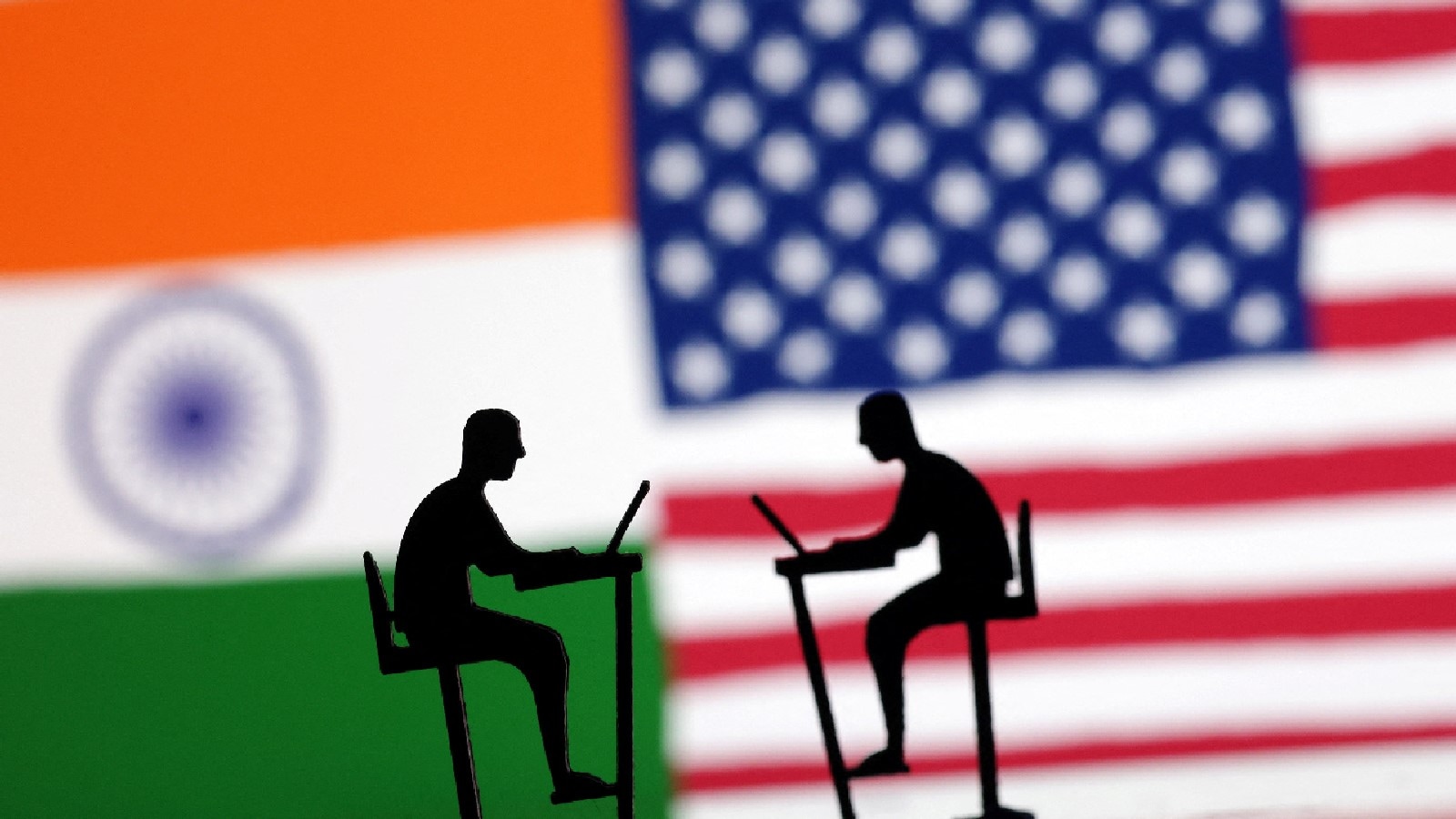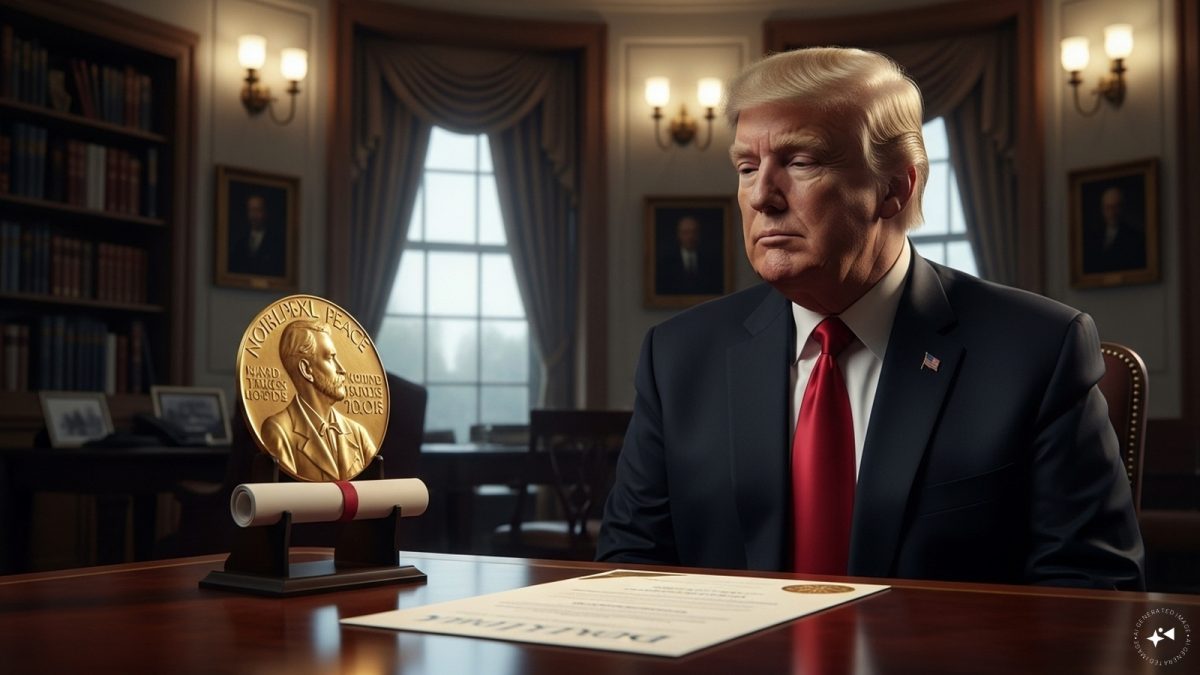After the Trump administration's decision to vet social media posts thoroughly for US visas, Indian students are rushing to delete posts and even accounts to fulfil their dream of studying in the US. However, experts suggest this could raise red flags. And it isn't just about posts, even likes and shares could lead to visa denials by the US.

Indian students hoping to study in the US are deleting their posts that they believe could lead to their visa being rejected. (Image: Generative AI by Ayushi Srivastava/India Today)
Manya (name changed on request), who was selected for a master's programme at an Ivy League university, deleted her Instagram and LinkedIn profiles after her visa counsellor warned her that the political posts could put her visa at risk. Diljeet (name changed on request) turned his handles to private settings. Manya and Diljeet are among the growing number of Indian students who aren't just deleting their posts, but removing their social media accounts altogether. This comes amid growing anxiety among Indian students as the Trump administration plans to mandate social media vetting for all international students seeking to study in the US.
Fearing that their political views, jokes, or activism might be misinterpreted during visa interviews, Indian students are proactively avoiding any potential risks by scrubbing their digital footprints. Many applicants fear that even seemingly harmless posts, such as political opinions or casual comments, could be misinterpreted during the visa review process.
Visa counsellors, however, suggest that sudden deletion of content might raise red flags as well. They also warn that even liking or sharing content considered illegal could lead to visa rejections by US authorities.
Education consultants are stressing the significance of having a responsible digital footprint to avoid any problem. Another expert said what constitutes "objectionable" content remains vague; he suggests that content related to pro-Palestinian views or perceived anti-American sentiments are likely to invite extra scrutiny.
Social-media vetting involves reviewing a visa applicant's online presence and activity to assess their suitability for entry into the US. This includes screening of social media platforms like Facebook, X (formerly Twitter), LinkedIn, and TikTok, among others.
This move is viewed as part of the broader efforts under the Trump administration to tighten scrutiny of international students, especially in the aftermath of widespread pro-Palestine demonstrations and anti-Semitic incidents on US college campuses last year. The protests took place after Israel pounded Gaza after the October 7, 2023, Hamas attack.
EVEN THE SMALLEST HINT OF POLITICAL ACTIVISM CAN HARM STUDENTS: EXPERT
Mamta Shekhawat, founder of Gradding.com, said that even the smallest hint of political or violent activism might lead to the rejection of a US visa, and that has led many Indian students to delete posts or social media accounts.
"Immigration authorities require student visa applicants to provide their social media handles for the previous five years, allowing them to make character evaluations and determine whether and how the applicant's professional and academic background matches the visa objectives," Shekhawat told India Today Digital.
Pointing out that most people don’t give much thought about humorous posts, Shekhawat also said, "Such casual approach would not be deemed appropriate across borders. Even the smallest hint of political or violent activism, or controversial remarks, can be counted as suspicious when piled together during the scrutiny of the visa application."
Shekhawat gave the example of Manya, who deleted her social media profiles after she was advised that the political posts could put her visa at risk.
Students who want to study in the US should be encouraged to routinely check their digital footprints, Shekhawat said.
"However, experts warn that suddenly deleting content might raise red flags. Hence, the advice is to strive for a balance between authenticity and aspirational online behaviour," she further added.
So, students need to be careful about what they post because patches of deletion might become evident during the vetting process and might raise suspicion.
Such vetting becomes easy with the use of artificial intelligence (AI) tools.
The US government is already using AI technology to identify and cancel visas of foreign students who "appear to support" Hamas and other designated terror groups.
That programme to spy on international students with AI tech is being led by Secretary of State Marco Rubio, senior State Department officials told Axios in April.
Shekhawat said students should showcase academic goals and a global mindset through mindful, balanced social media use.
"Achievement and education milestones, active community roles should be shared openly to aid in impression formation. It is also important to check and tighten privacy settings but not to the extent that one seems overly guarded or shrouded in secrecy," she added.
LIKING, COMMENTING, AND SHARING TOO CAN HURT VISA CHANCES
Another expert, Meenal Damani, an education consultant, said not only posting content, but even liking, commenting and sharing posts related to activities considered illegal under US law could lead to visa rejection.
"Don’t like, comment on, or share posts that could be misinterpreted. Refrain from joining, posting about, or engaging with political movements online. Even sharing someone else’s opinion can be viewed as an endorsement," she told India Today Digital.
However, what content can be called "objectionable" still remains vague, said Sanjog Anand, co-founder of Rostrum Education. According to Anand, pro-Palestinian views or perceived anti-American sentiments could particularly invite extra scrutiny.
"What can be deemed objectionable ranges from political opinions and controversial jokes to posts about protests or criticism of US policies," Anand told India Today Digital.
INDIAN STUDENT DELETED LINKEDIN OVER POLITICAL POSTS
A student reportedly deleted his LinkedIn account as he was very vocal about global politics.
"One of the first things I did when I applied for my student visa was to delete my LinkedIn profile," said Suraj (name changed on request), recently selected for a master’s program at an Ivy League university, The Indian Express reported.
"My LinkedIn was pretty vocal about world politics. My visa counsellor said this could put me in trouble, so I decided to delete it," the student added.
Suraj, who was active in student politics during his undergraduate years, said he left activism after applying for a student visa. "As soon as I applied, I stopped attending protests. Even a single picture online could lead to my visa being rejected," The Indian Express quoted him as saying.
SCARED INDIAN STUDENT TURNS SOCIAL MEDIA ACCOUNTS PRIVATE
A PhD scholar at Jawaharlal Nehru University (JNU) began wiping his social media presence weeks after a US university paused his post-doctoral appointment. Deleted posts included pro-Palestine content, Gaza casualty figures, and an article on rising right-wing authoritarianism, The Print reported.
However, he is still not sure whether it was enough to get the visa and now he is mulling deleting his Facebook and Instagram profiles as well.
"You don’t know what will offend them," said the life sciences scholar from West Bengal, referring to US immigration authorities, he was quoted as saying. He said he had uninstalled several apps from his phone.
Mamta Shekhawat shared with India Today Digital how another student, Diljeet, who was selected for a bachelor's programme in the US, was trying to steer clear of suspicion.
The student, Diljeet, switched his social media accounts to a private setting, limiting their visibility to only those he chooses to add as friends.
Desperate times need desperate measures. As the US goes in for tight social media scrutiny, Indian students planning to study in the US are not only deleting their posts but their accounts as well. But this could be counterproductive. So, it is always better to be safe from the very beginning with public posts as our social media accounts are considered an extension of ourselves these days.
Published By:
Gaurav Kumar
Published On:
Jun 4, 2025

 1 month ago
1 month ago
